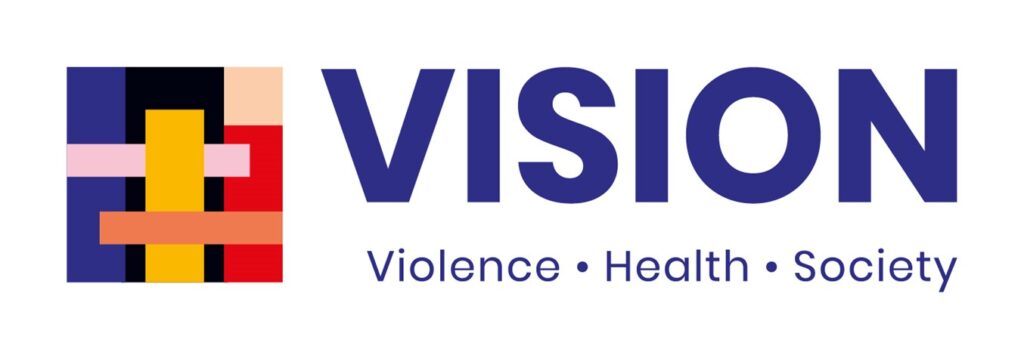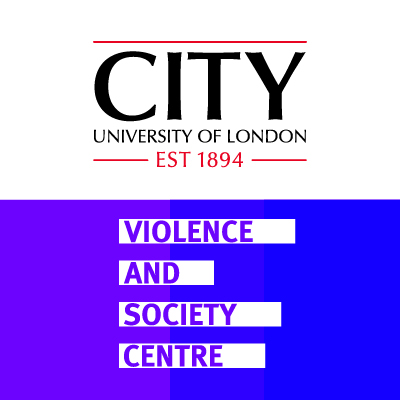This VISION Policy Brief proposes improvements to the definitions and measurement of violence using the Crime Survey for England and Wales (CSEW), in order to more fully capture different aspects of violent crime, including violence against women and girls (VAWG). The briefing is aimed at researchers, national statistics offices, and others involved in violence research and policy. It draws on a paper recently published in The British Journal of Criminology, Definition and measurement of violence in the Crime Survey for England and Wales.
Key findings:
- The current definition of violent crime excludes key types: The Office for National Statistics (ONS) headline measure of ‘violent crime’ currently excludes sexual violence, robberies, threats of violence, and many incidents of violence where criminal damage was also involved.
- A broader definition would better capture scale, harm and inequalities: We use a broader measure of violence that includes these currently excluded forms of violence. This broader measure not only reveals a higher prevalence of victimisation in the population as a whole, it also reveals hidden inequalities. Women are more likely than men to experience sexual violence and threats of violence: excluding these from current estimates leads to rates of violence in women, especially domestic violence, being underestimated. The proportion of people physically and emotionally harmed by violence is also better estimated using this broader definition, particularly affecting estimates for women.
Recommendation for change:
- National statistics on violence in England and Wales should show violence estimates using a broader definition of violence alongside violent crime statistics to give a more comprehensive overview of violence and its societal impact.
To download the policy briefing, please see below. To download the paper upon which the policy recommendation is based, please see: Definition and Measurement of Violence in the Crime Survey for England and Wales: Implications for the Amount and Gendering of Violence | The British Journal of Criminology | Oxford Academic
The citation for the paper: Davies, E., Obolenskaya, P., Francis, B., Blom, N., Phoenix, J., Pullerits, M., and Walby, S. (2024), Definition and Measurement of Violence in the Crime Survey for England and Wales: Implications for the Amount and Gendering of Violence, The British Journal of Criminology. https://doi.org/10.1093/bjc/azae050
VISION Policy Briefing for downloading:



